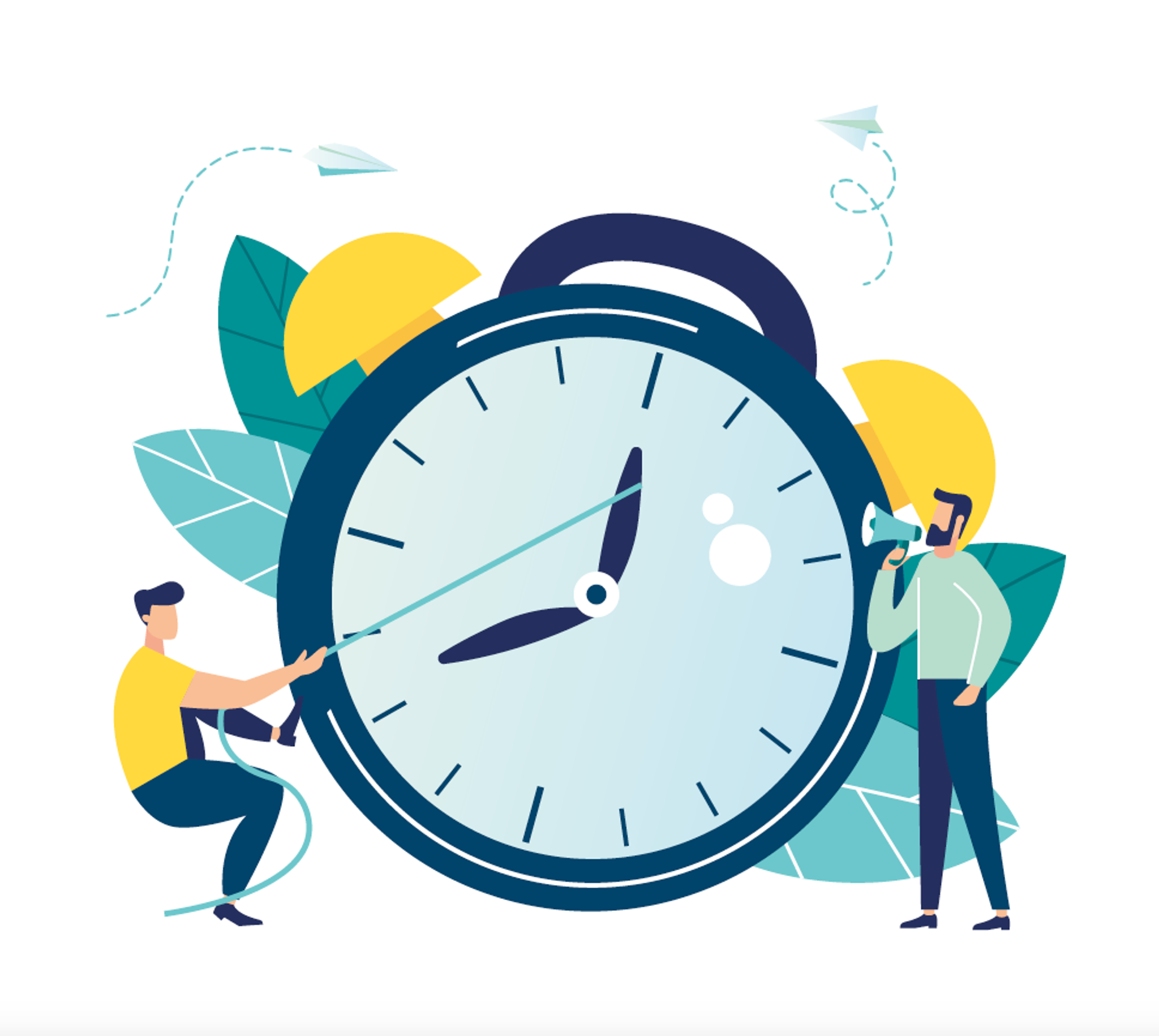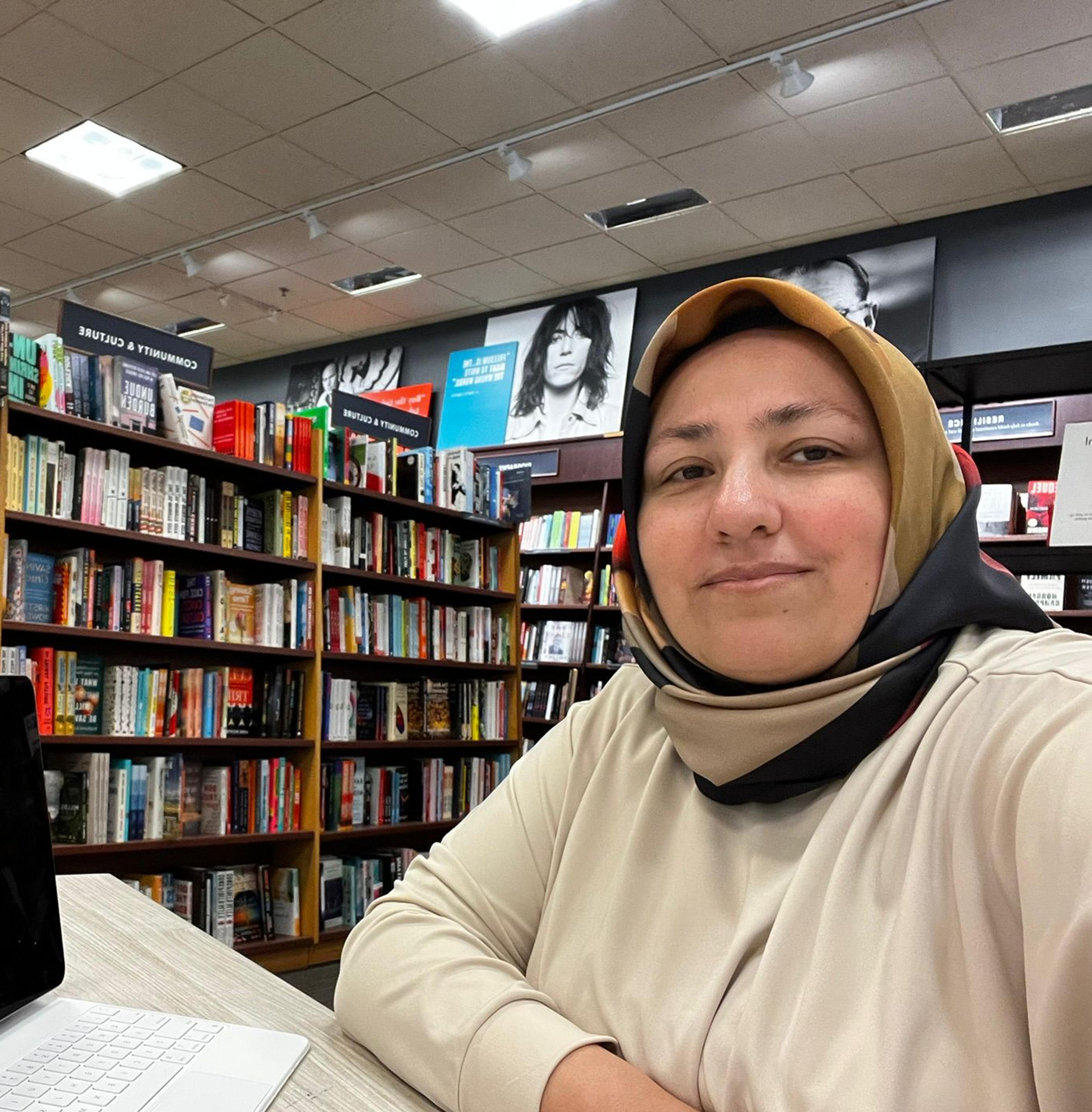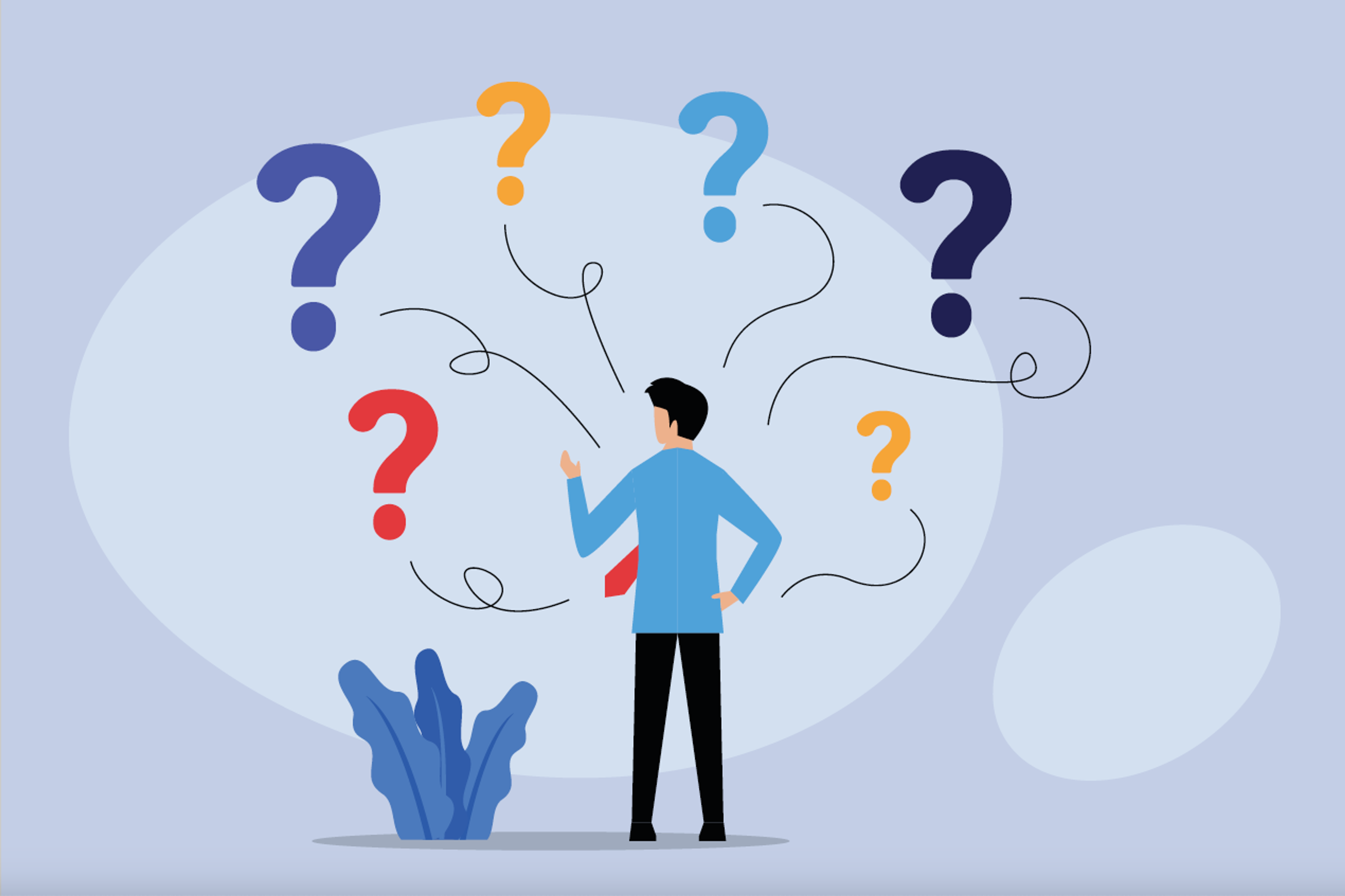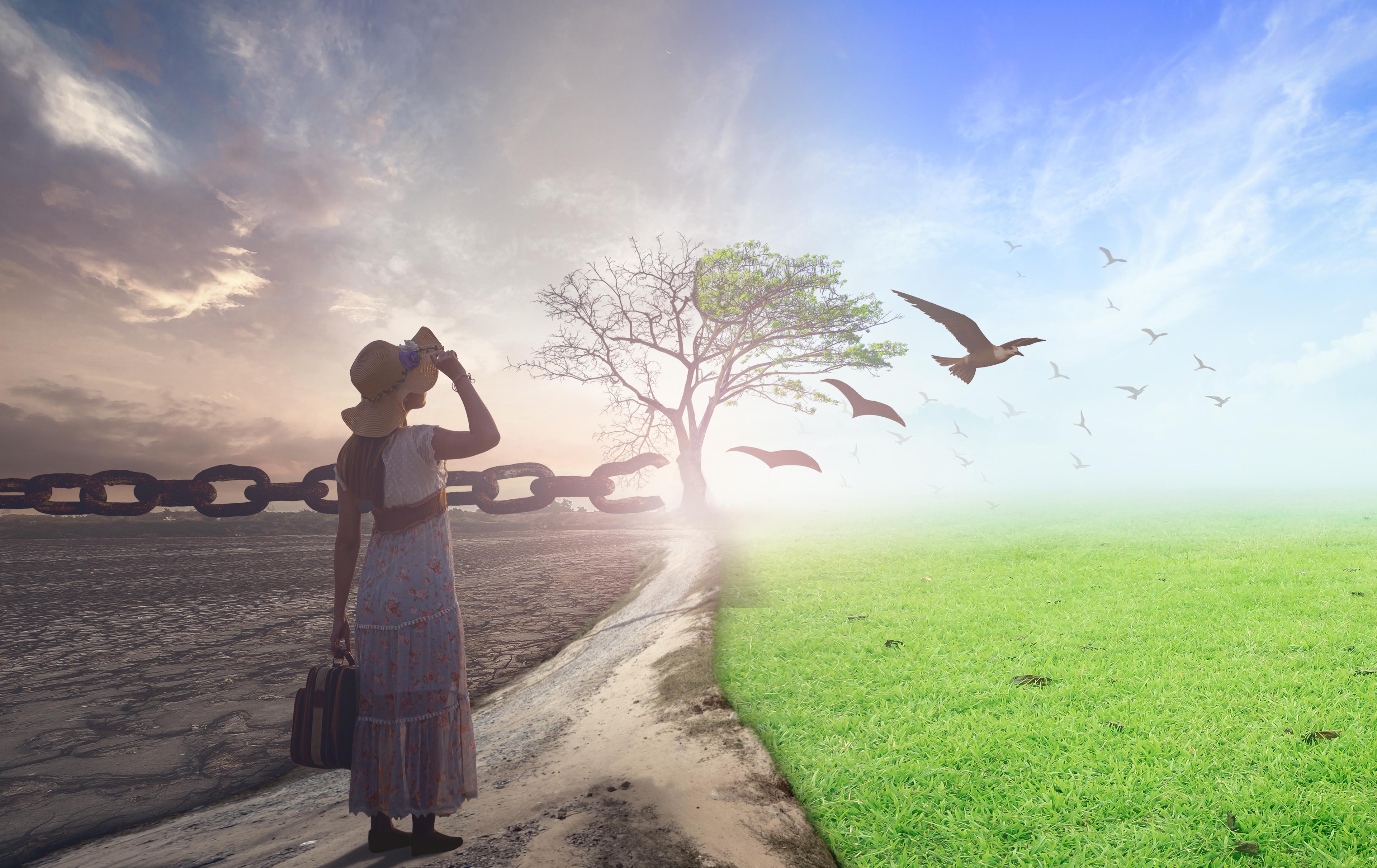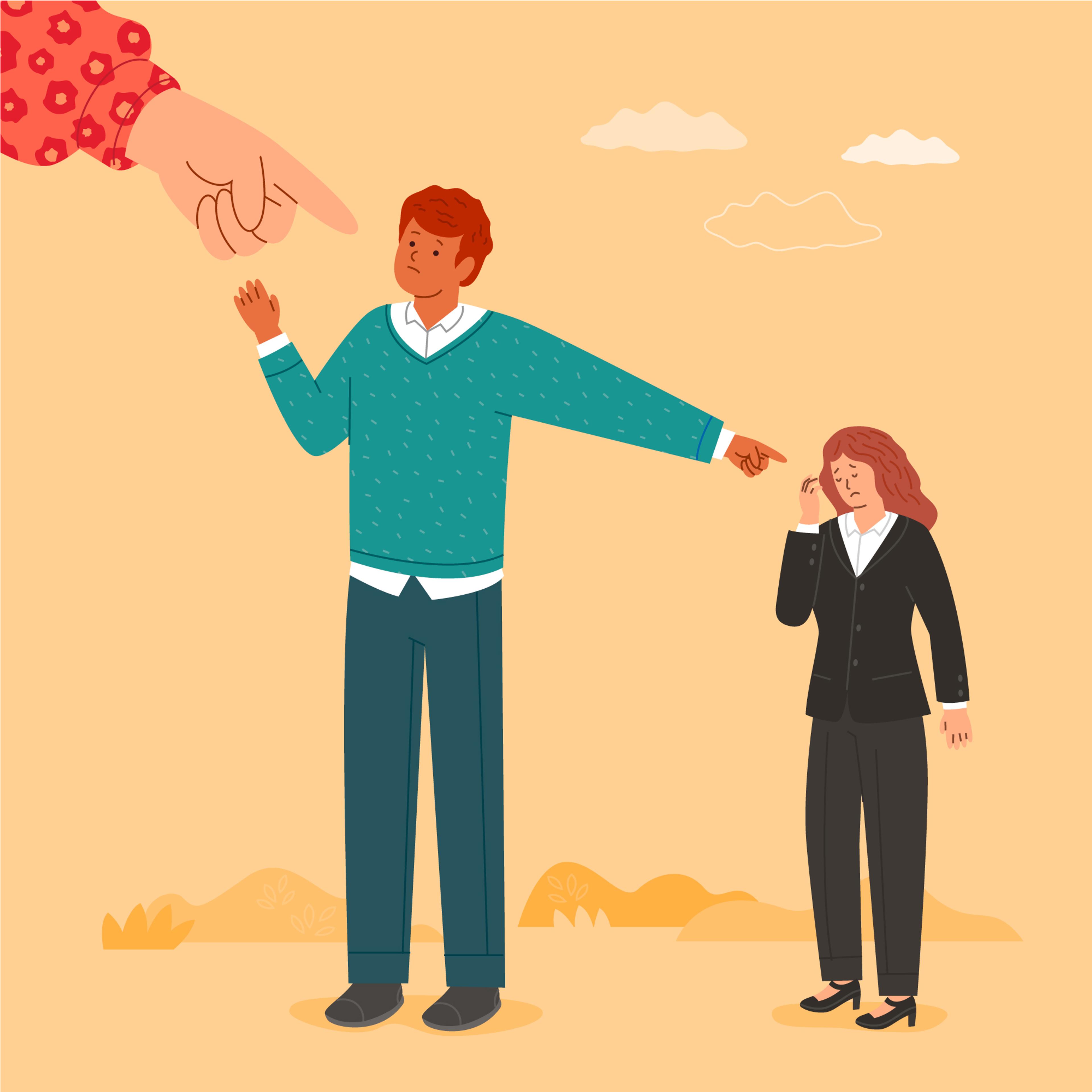

LET’S RECOGNIZE OUR BIASES AND TRANSFORM THROUGH AWARENESS
Dear Readers,
Today, I’d like to explore the concept of bias—what it means, how it forms, and most importantly, how we can train ourselves to grow beyond it. Despite sharing the same cities, countries, and planet, we often carry judgments about one another and act based on those assumptions.
These patterns of thought and behavior can affect everything—from tension within our homes, to division in communities, to a lack of peace in the world. Inspired by the reflective spirit of Ramadan, I invite you to consider this timely topic: bias, and how we can reframe it.
What Is Bias from a Psychological Perspective?
Bias is an automatic judgment—often unconscious—that we make based on past experiences, cultural norms, or beliefs, rather than actual knowledge of a person, group, or situation. Our minds instinctively reach for the familiar, forming opinions before deeper understanding occurs.
The key question we must ask ourselves is: “Is this judgment rooted in truth, or is it based on assumptions I’ve inherited or absorbed over time?”
The Link Between Bias and Othering
When biases go unchecked, they don’t just remain thoughts. They become attitudes—and then actions. This is where othering begins: excluding or distancing others simply because they belong to a different group.
Bias and othering are especially visible in areas such as:
- Race and ethnicity
- Religion or sectarian identity
- Gender and gender roles
- Socioeconomic background
- Cultural practices
- Nationality and migration status
Judging someone solely based on group identity hinders empathy, cooperation, and peace.
How Bias Affects Individuals and Society
One of the most harmful aspects of bias is the tendency to assume that every individual within a group is the same. This prevents us from appreciating diversity, knowledge, and the unique contributions people offer.
For example, dismissing a scientist’s insights due to cultural or ethnic bias may rob us of valuable learning. On a broader scale, systemic bias leads to unequal access to education, employment, and basic rights.
How to Identify and Reflect on Your Biases
To begin challenging bias, we must first acknowledge it. Ask yourself:
- How long have I held this belief?
- Where did it come from?
- Do I have objective evidence to support it?
- Could there be more to the story than I know?
Once we begin to question our assumptions, transformation becomes possible.
Practical tips to move beyond bias:
Seek out stories and facts that challenge your assumptions.
Imagine life from the perspective of the group you’ve held judgments about.
Build relationships with people from different backgrounds.
Practice empathy and curiosity, not defensiveness.
Support equal rights, access, and dignity for all.
A Closing Thought
Facing our biases is not always comfortable—but it is always powerful. It opens the door to personal growth and social healing.
Let’s remember: a more peaceful, fair, and connected world begins with the small but significant act of challenging our own assumptions.
With care and reflection,
Dr. Fatma Yeşilyurt
March 27, 2023
